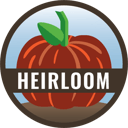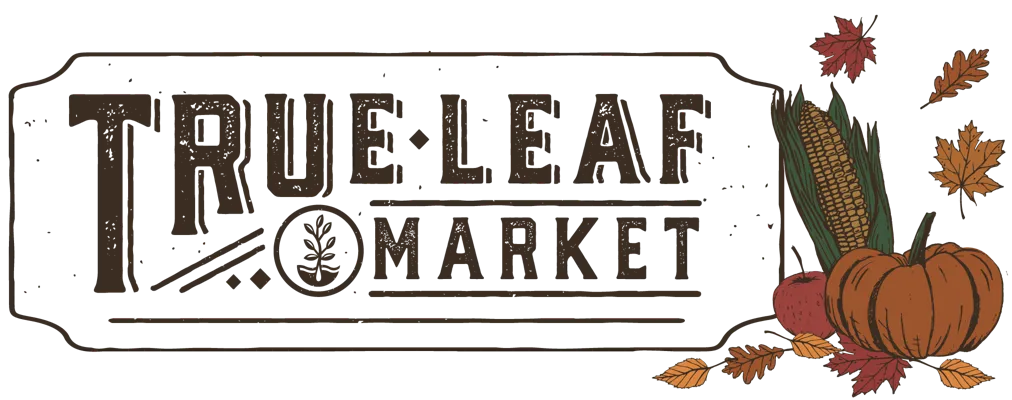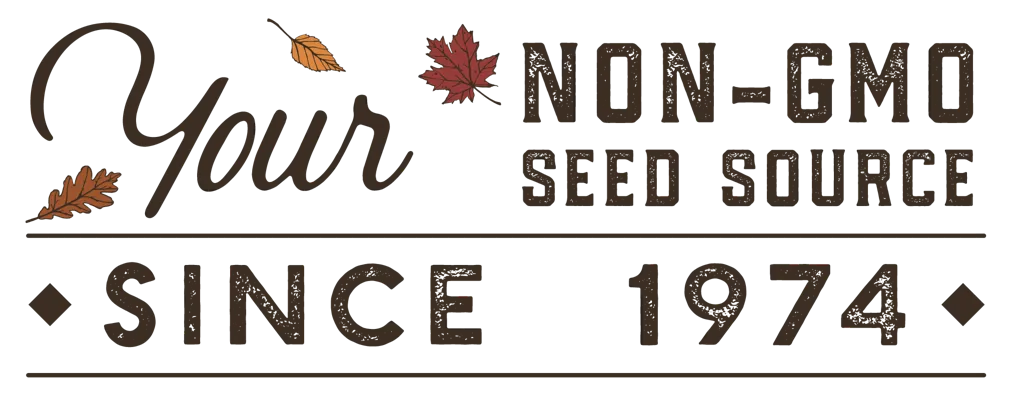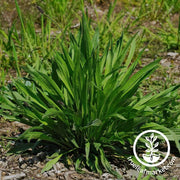Download Free Herb Growing Guide PDF
Growing Non-GMO Boston Plantain Narrow-Leaf Ribwort Herb Garden Seeds
Sow seeds 0.25 to 0.5 inches deep and space 2 inches apart. Thin to 12 inches once they have emerged from the soil. If growing in rows, space rows 12-24 inches apart depending on your preferred walking room. While narrow-leaf plantain plants can tolerate various soil conditions and growing circumstances, it is best to grow in full to partial sun with well-draining soil. When growing Boston Plantain, keep in mind it is known as a weedy plant when left to spread its seed. Be sure to remove the flowers when young to prevent a weedy habit. Like the foliage, the flower stalks are also edible and have a mushroom-like taste. Harvest the leaves for use in gut-aiding tea. We recommend pairing it with calendula flowers, chamomile flowers, ginger root, and mint leaves.
Growing Non-GMO Boston Plantain as a Cover Crop
Either broadcast sow at a rate of 8-10 lbs/Acre or drill at 6-8 lbs/Acre. Sow seeds 0.25-0.5 inches deep. Boston Plantain makes a great cover crop for mining micro-nutrients, reducing soil compaction and weed suppression. Its drought and heat tolerance, combination of fibrous and taproot habit, and ability to thrive in poor soils make it a viable option for improving neglected pieces of land. Just be sure to keep your eye on it as it can quickly become a weed if allowed to spread its seed. As a perennial with both a fibrous and taproot habit, the preferred method of termination is tilling. No-till growers may use this narrow-leaf plantain as a cover crop; however, crimping will not be enough to kill it. Instead, you may prefer mixes like the No-till Forage Friendly or Pollinator Cover Crop Mixes.
Foraging Boston Plantain
Not only is Boston Plantain valuable as an herb and cover crop, but also as forage for cattle and sheep. Sow 0.25-0.5 inches deep at a rate of 8-10 lbs/Acre when broadcasting or 6-8 lbs/Acre when drilling. We recommend fertilizing with 15 lbs/Acre of Nitrogen at planting. It generally takes 7-14 days for germination. Boston Plantain is beneficial for forage as it provides control over most animal worms, coccidiosis, e-coli, and salmonella. Gastrointestinal parasites in animal-fed plantain also have shown lower live egg counts, resulting in increased animal live weight. While plantain can be grown as a monoculture, we recommend growing in mixtures to increase taproot depth and improve yields. We recommend mixing with plants such as chicory, red and white clover, and tall fescue. Begin grazing when this narrow-leaf plantain reaches 6-8 inches. The minimum grazing height is 2-3 inches. Allow at least 20 days of rest for grazing recovery. We recommend applying 40 lbs of Nitrogen fertilizer throughout the grazing season every 6-8 weeks to maintain strong growth.
About Boston Narrow-leaf Plantain Garden Seeds
This variety was developed in New Zealand from hardy plants found in Northern Germany. It develops higher yields than other narrow-leaf plantains like the Tonic variety.
Plantain is native to Europe, a perennial herb that has been used since ancient times for medicinal purposes. The leaf juice was once used to treat skin infections or irritations, or a tea made from the leaves to treat coughs. This hardy herb is rich in vitamin B1, and riboflavin can be eaten raw in salads or blanched and used in soups or stews.
Tips From Our Gardeners
"Because of the strong root system this plant develops, try growing in a large container and harvest the flowers frequently to prevent weedy spread while enjoying its many benefits and uses."
 - Ashleigh Smith, True Leaf Market Writer - Ashleigh Smith, True Leaf Market Writer
|
Boston Plantain Seeds Per Package:
- 250 mg - Wholesale - Approximately 134 Seeds
- 0.25 oz - Wholesale - Approximately 3,798 Seeds
- 1 oz - Bulk Seeds - Approximately 15,193 Seeds
- 4 oz - Bulk Seeds - Approximately 60,772 Seeds
- 1 lb - Bulk Seeds - Approximately 243,088 Seeds
Additional Resources
Non-GMO Boston Plantain Herb and Cover Crop seeds are available for Fast Free Shipping on qualifying orders.

















 - Ashleigh Smith, True Leaf Market Writer
- Ashleigh Smith, True Leaf Market Writer